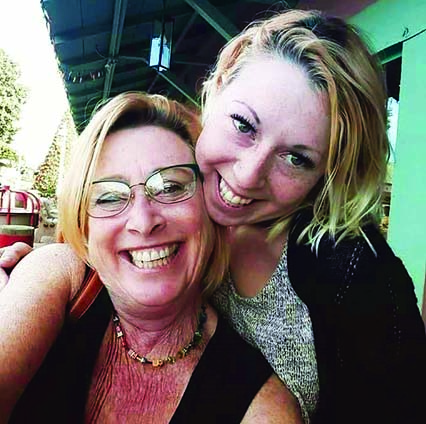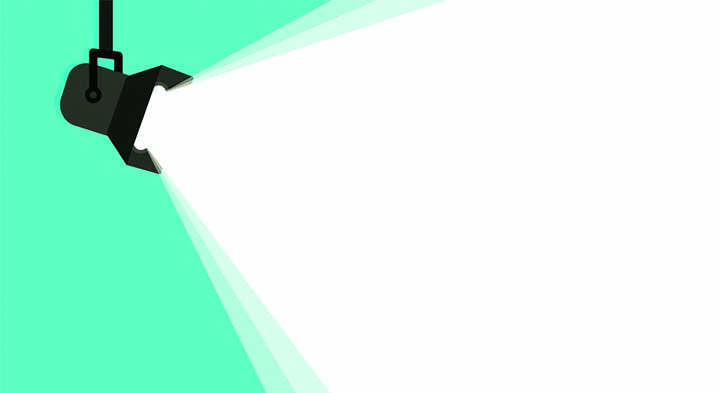Columbine Shooting Survivor shares his journey at Recovery Expo Do you remember where you were on April 20, 1999? Art of Recovery Expo, Keynote Speaker, Austin Eubanks personally experienced the...
Columbine Shooting Survivor shares his journey at Recovery Expo
Do you remember where you were on April 20, 1999? Art of Recovery Expo, Keynote Speaker, Austin Eubanks personally experienced the mass shooting at Columbine High School that day. He survived his injuries, and among the many lost who their life was his best friend, Cory DePooter.
After a long and painful struggle with an opiate addiction that began soon after that horrific day, Austin has devoted his career to helping others who have journeyed into addiction by way of trauma.
Austin will speak on the problems with over-prescribing medication, the importance of the continuum of care, the benefits of treatment and overcoming trauma as it pertains to addiction.
You won’t want to miss his compelling story from Tragedy to Triumph on Saturday, September 16, 2017 at the Phoenix Convention Center. Austin takes the stage at 1:15 p.m.
I encourage you to attend this free event with family and friends. Together we inspire success on the road to recovery.— Barbara Nicholson-Brown
Was your introduction to pain medication a direct result from your injuries sustained that tragic day at Columbine?
My first experience with them was immediately following Columbine, after being shot. When I left the hospital I was given a 30 day supply of pain medication. At a follow up appointment with my primary care physician, I was given another 30 day supply. Before those pills ran out — I was already taking them off label, and in the early stages of a decade long addiction. My addiction snuck up on me fairly quickly. Before the shooting, I had never drank a beer, or smoked weed. I didn’t realize I was taking those medications for emotional as well as physical pain.
While my physical wounds were healing, the emotional ones like survivor’s guilt, remained wide open and raw. Taking pain meds made me feel better, so, I kept taking them.
At the time I had no clue about how addiction works. I had never been spoken to about it. That’s why I think in the work I do today, education on substances is so important. Maybe if I had prior knowledge I might have had a different outcome.
Were you worried that you would become addicted?
No, because professionals were prescribing them for my injury, they were intended to make me feel better and they were absolutely working. That was all I knew — feeling better. It wasn’t until years later I started to explore the idea I might be an addict.
The first time I went into withdrawal I thought I had the flu. I went out of town and simply forgot to bring them. Two days later I was on the bathroom floor in the worst pain of my life. I remember Googling, “what is withdrawal?” That’s how little I knew about what was happening to me.
That nightmare of a day affected so many young lives, their families, how did your family cope?
It was incredibly tragic. My best friend Cory was like a brother to me and very close to my family. It was a loss, a very long period of grief and heartache.
What finally led you to seek help for your addiction?
I went to treatment on three different occasions. At first through the urging of my family, and it didn’t stick because I didn’t go for the right reason, I didn’t go for me.
Each time I entered treatment I learned a little bit more. With relapses, I became tired of the ups and down and realized as my tolerance to drugs increased, my behaviors worsened. If I didn’t change I was going to be dead or in prison.
When I entered the last treatment center I finally had a willingness. If someone would have told me to stand on my head for six hours a day to stay clean I was willing to do it — anything not go back that life of an addict.
I was done fighting. I stayed in a continuum of care for 14 consecutive months, consisting of in-patient for seven and transitional living for seven. That long term continuum of care was pivotal for my recovery because of all the stumbling points my first year of sobriety. Having accountability allowed me to stay sober. When I was back in independent living at a year and a half of sober I was able to respond to triggers in a responsible way and not use any substances.
What signs should parents watch out for that may indicate their children are on drugs?
Extreme changes in a child’s behaviors are a good indicator. I became rebellious, stayed out all night, and did things I would not have normally done. When this happens you should definitely be on alert. My behaviors were like night and day, before and after Columbine.
What can parents do once they realize there are signs pointing towards addiction?
Like with any other disease, early intervention has the greatest outcome, especially if someone can get an understanding early on. I don’t believe you have to wait until someone is at rock bottom. We can help people earlier than that. The sooner you can intervene and get someone in an educational curriculum the better, often at an out-patient level, this is incredibly important.
































